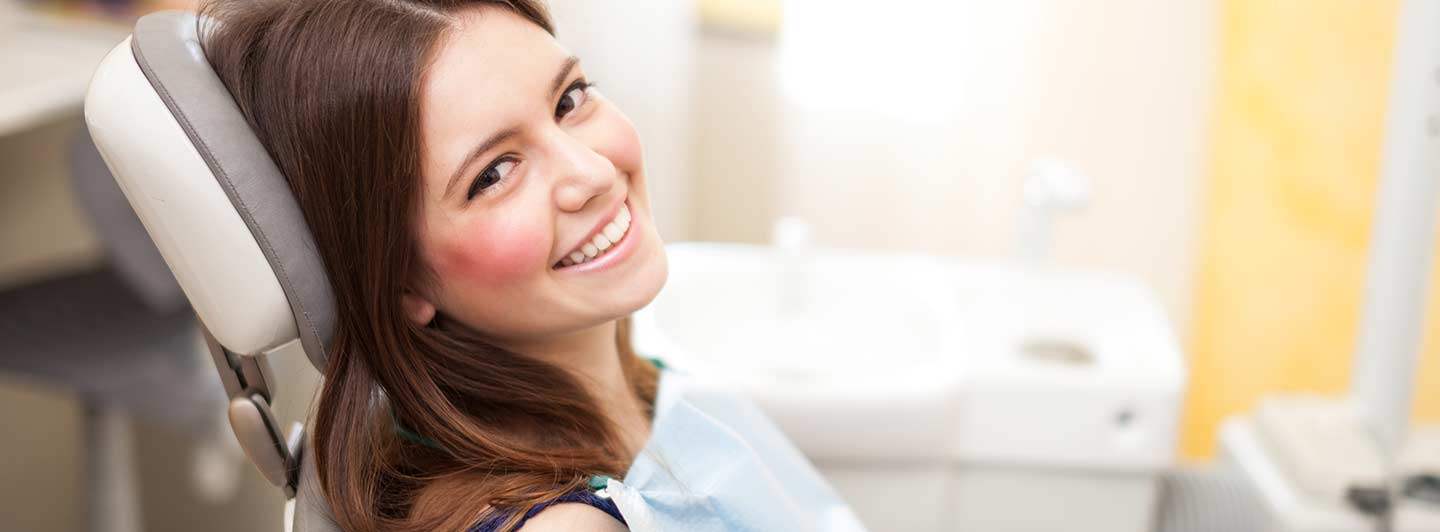Cochrane (IV) Intravenous Sedation Dentistry
Intravenous (IV) sedation is a technique used for patients who require a higher sedation level than the oral medication can provide. While this technique puts you into a sleep-like state, you will not be unconscious during your procedure like you would be with general anesthesia.
Even the lengthiest procedures can be completed while you are under IV sedation and you will most likely have no memory of your experience despite being conscious. Since this is a conscious sedation technique, your dentist may also use a local anesthetic depending on the work required.
Is Sedation Dentistry Safe?
Sedation dentistry is considered to be very safe. At Cochrane Dental Centre, we ensure the safety of our Sedation Dentistry patients by using monitoring equipment during the procedure, which includes a pulse oximeter and oxygen equipment. Our Dentists are also required to have reversal medication agents on hand in the rare case of an adverse reaction to the sedatives.
Patients undergoing sedation dentistry services are required to have a responsible party drive them to and from their appointment and remain with them until the effects of the sedation have passed.
Is Sleep Dentistry the Same as Sedation Dentistry?
The term “Sleep Dentistry” can be misleading. When we use sedatives, you are not actually asleep, although you may feel very sleepy, which is one of the effects of the sedatives. The term sleep dentistry is often connected to the use of general anesthesia.
Does my Insurance Cover the Cost of Sedation Dentistry?
Most dental insurance plans typically do not cover the cost associated with sedation dentistry. Since every dental plan is unique, we ask that you contact your dental insurance company to determine if you may be eligible for coverage. At Cochrane Dental Centre, our dental team can assist you with this process and with making the necessary financial arrangements.


